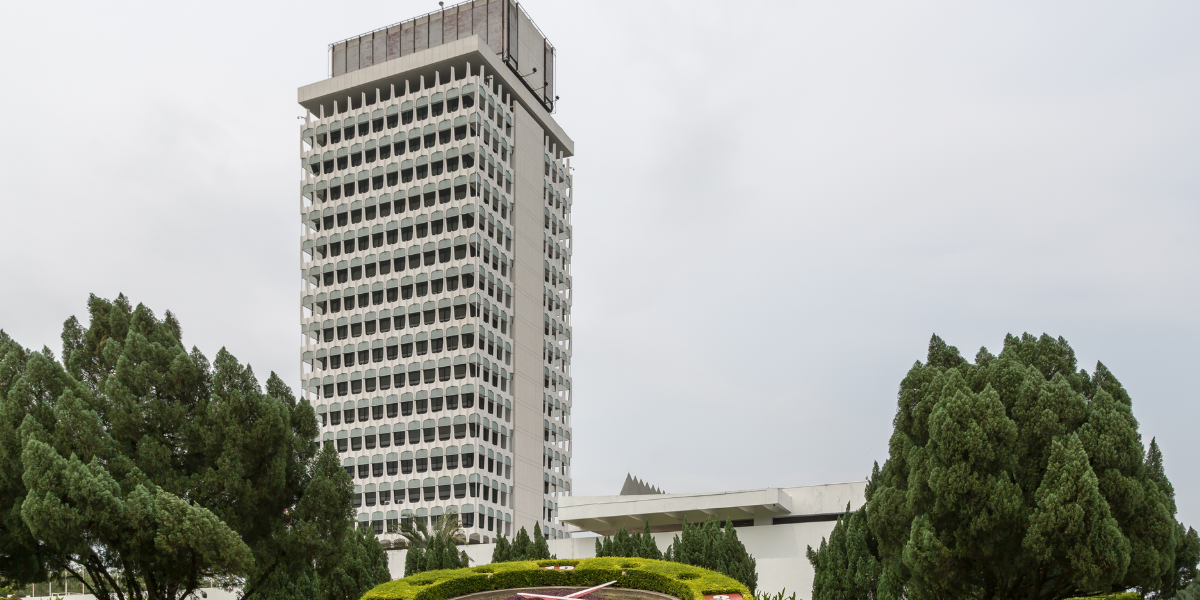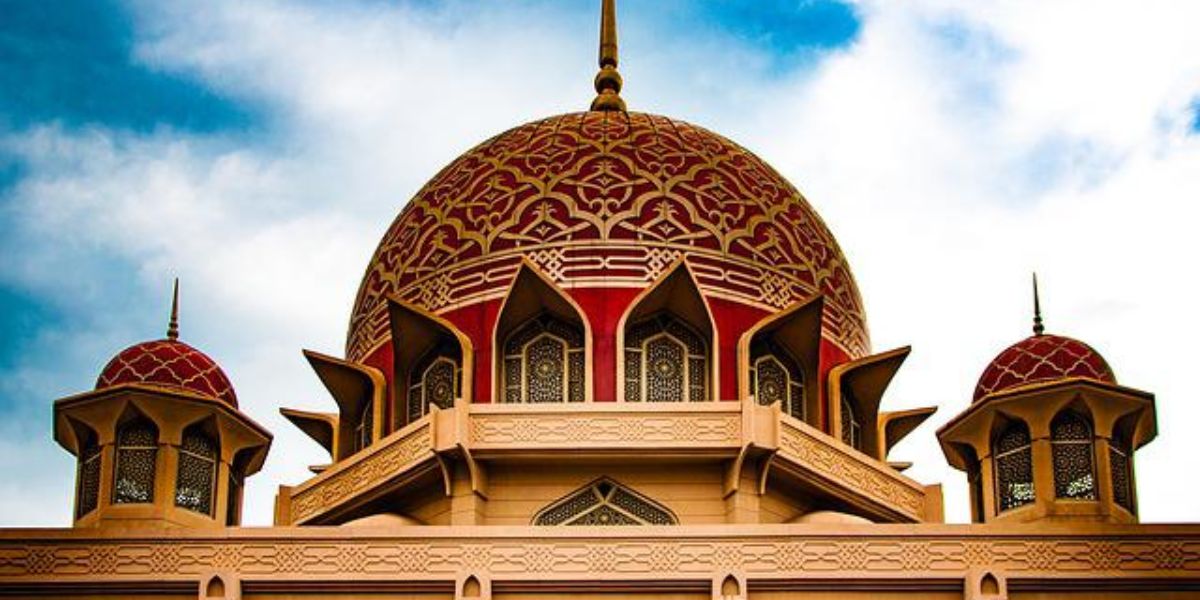On October 27, 2017, Malaysian Prime Minister Najib Razak presented the budget for 2018, outlining government plans to combat rising costs and limit the country’s fiscal deficit. Some of the key fiscal tax measures are summarized as follows:
Tax incentives for corporate income:
- The extension of a range of tax incentives until 2020, including the incentive to head office, the incentive to invest in new 4- and 5-star hotels, incentives for tour operators and incentives for medical tourism
- Extension of the exemption from income tax, which includes management fees and costs incurred by venture capital management companies from 2018 to 2022;
- Reducing the minimum amount of investment in venture capital investment from 70% to 50% from 2018 to 2022
- The introduction of a tax deduction up to MYR 20 million per year for investment in venture companies; and
- The extension of the venture capital income tax exemption for angel investors through 2020;
- Expansion of 200% accelerated capital expenditures for automation equipment from year of assessment up to 2020
- Expansion of 200% accelerated capital expenditures for manufacturing and manufacturing-related services sectors;
- The introduction of a capital allowance for Information and Communication Technology (ICT) equipment, including for expenditure on computer software development (expenditure claimable of a four-year period); and
- The establishment of a Digital Free Trade Zone, including an e-Fulfillment Hub, Satellite Services Hub, and e-Services Platform to stimulate growth in electronic trade.
Reduction in personal income tax:
The reduction of the second, third, and fourth individual income tax bracket rates as follows:
- MYR 20,001 to 35,000 – 3% (currently 5%)
- MYR 35,001 to 50,000 – 8% (currently 10%)
- MYR 50,001 to 70,000 – 14% (currently 16%)
Goods and Services Tax (GST):
- The removal of services provided by local authorities from the scope of GST effective 1 April 2018 or 1 October 2018, according to the choice of the local authority;
- The treatment of reading materials comprising all types of magazines and comics as zero-rated for GST purposes from 1 January 2018;
- The introduction of GST relief with respect to;
- Handling services provided to cruise operators;
- Construction of school buildings and houses of worship;
- Imports of oil and gas-related equipment supplied to Malaysia residents under lease agreement by companies in designated areas (Labuan, Langkawi, and Tioman);
- Imports of certain big-ticket items, including aircraft, ships, and oil rigs and other floating structures; and
- Management and maintenance services provided by housing developers












